Description
The desire for airliners that could fly faster and higher than all that had gone before them was ingrained into the commercial aviation world from the end of the Second World War. The STAC (Supersonic Transport Advisory Committee) was formed in October 1956 and would be in charge of development of and responsible for the many manufacturers that would be needed to build an aircraft named Concorde. Bearing in mind the complexity of the aircraft, Concorde was one of the world’s safest considering the distances it travelled and the eye-watering speed at which it flew. This made the loss of the Air France Concorde in 2000 a particularly unfitting ‘beginning of the end’ for the airliner which courted controversy right to the finalé. It was a combination of factors that saw the airliner enter retirement three years later but the bottom line is that Concorde was getting old and, despite being built like the proverbial ‘brick out-house’, constant supersonic cycles take their toll, and that kind of punishment would not be expected of a military aircraft, let alone a civilian one. The Concorde was an incredible achievement from the outset, built by two different nations that overcame every technical problem that arose (which were innumerable) to produce, by far, the most iconic airliner ever built. This book explores the failures, triumphs and history of this aircraft, from its beginning to its end.
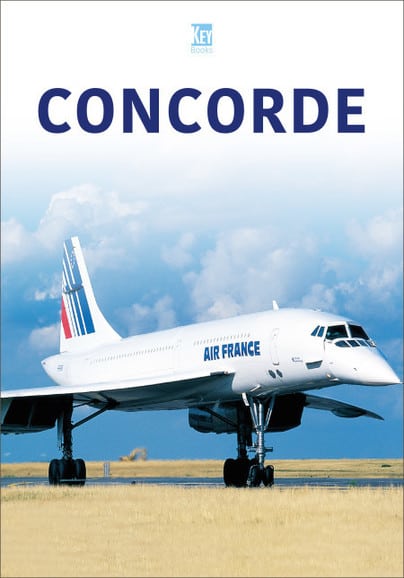
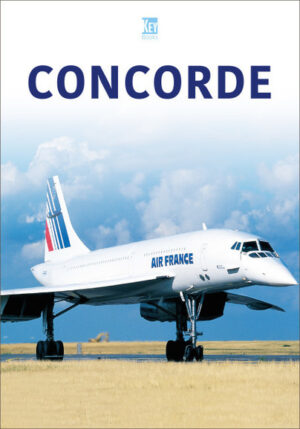

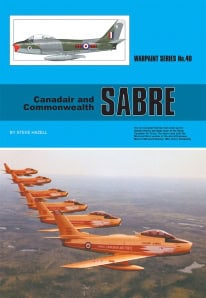
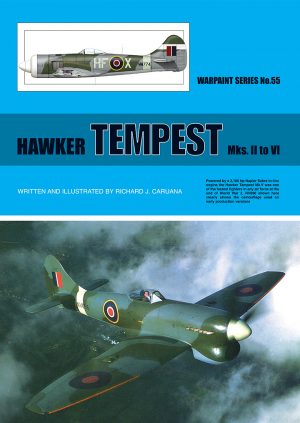
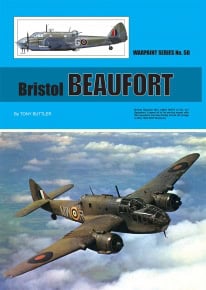

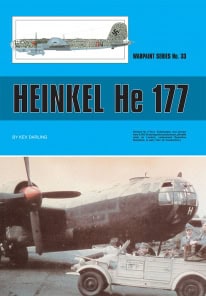
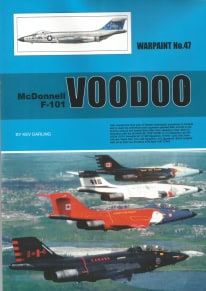
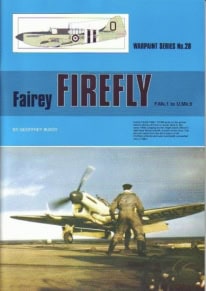
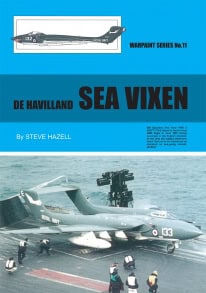
Reviews
There are no reviews yet.